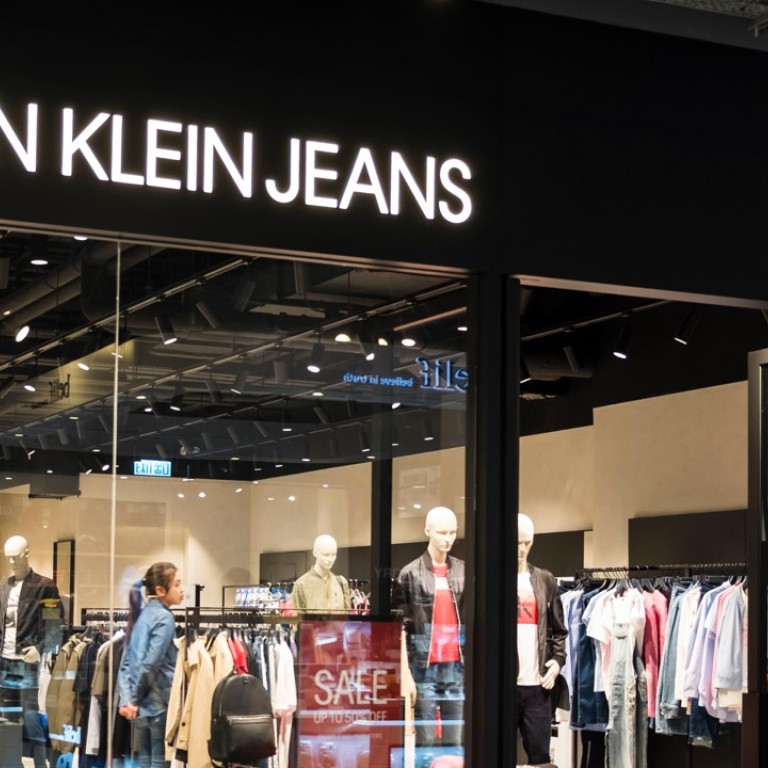
Calvin Klein licensee joins growing horde of companies moving production out of China to counter US tariffs
- Global Brands Group, the licensee of Juicy Couture and Calvin Klein, has cut its overall production in China from 60 per cent to 39 per cent
Hong Kong fashion company Global Brands Group will further reduce the amount of goods its sources from China after moving some of the production to other countries in the region to get around US tariffs slapped on Chinese apparel exports, officials said on Wednesday.
The licensee of brands such as Juicy Couture and Calvin Klein has cut its overall production in China from 60 per cent to 39 per cent, and aims to reduce it to below 30 per cent, according to chief executive Rick Darling.
Global Brands, which was spun off from global supply chain giant Li & Fung Group, has moved manufacturing to other Asian countries such as Bangladesh, India and Vietnam, to avoid the 10 per cent tariffs the Trump administration imposed on US$200 billion worth of Chinese goods in September.
The tariff rate is set to rise to 25 per cent on January 1 if China refuses to make trade concessions.
“We have been making the preparations over the last six months,” said Darling. “There are certain big-volume apparel categories that we have an urgent need to move, even if there is only 5 to 10 per cent advantage” in cost saving by moving to other countries, he said.
Global Brands’ actions are part of a broader shift in the global supply chain already under way as the US seeks to address trade imbalances with China, whose role as “the world’s factory” has eroded over the past few years amid rising labour and environmental costs.
Chinese manufacturers have been aggressive to retain the deals and many have agreed to share the tariff burdens with Global Grands, Darling said.
Meanwhile, factories in countries such as Bangladesh have also raised prices by as much as 5 per cent on the back of higher demand, he added.
As a result the company decided to keep the production of certain “high-fashion, quick-response, smaller quantities” categories within China.
“We will remain an apparel buyer in China for years to come,” said Darling.
Darling made the remarks at a press briefing after the firm posted a net loss of US$284 million for the six months ended September 30, compared to a net profit of US$26 million a year earlier.
The company said it has closed a transaction in October to sell all licensing business in North America for US$1.2 billion in cash to Nasdaq-listed Differential Brands Group to repay debt. The sale was announced in June.
The firm has also agreed to sell the loss-making children’s clothes business in China to Grafham Holdings, an investment company controlled by the Fung Group, for US$2 million.

